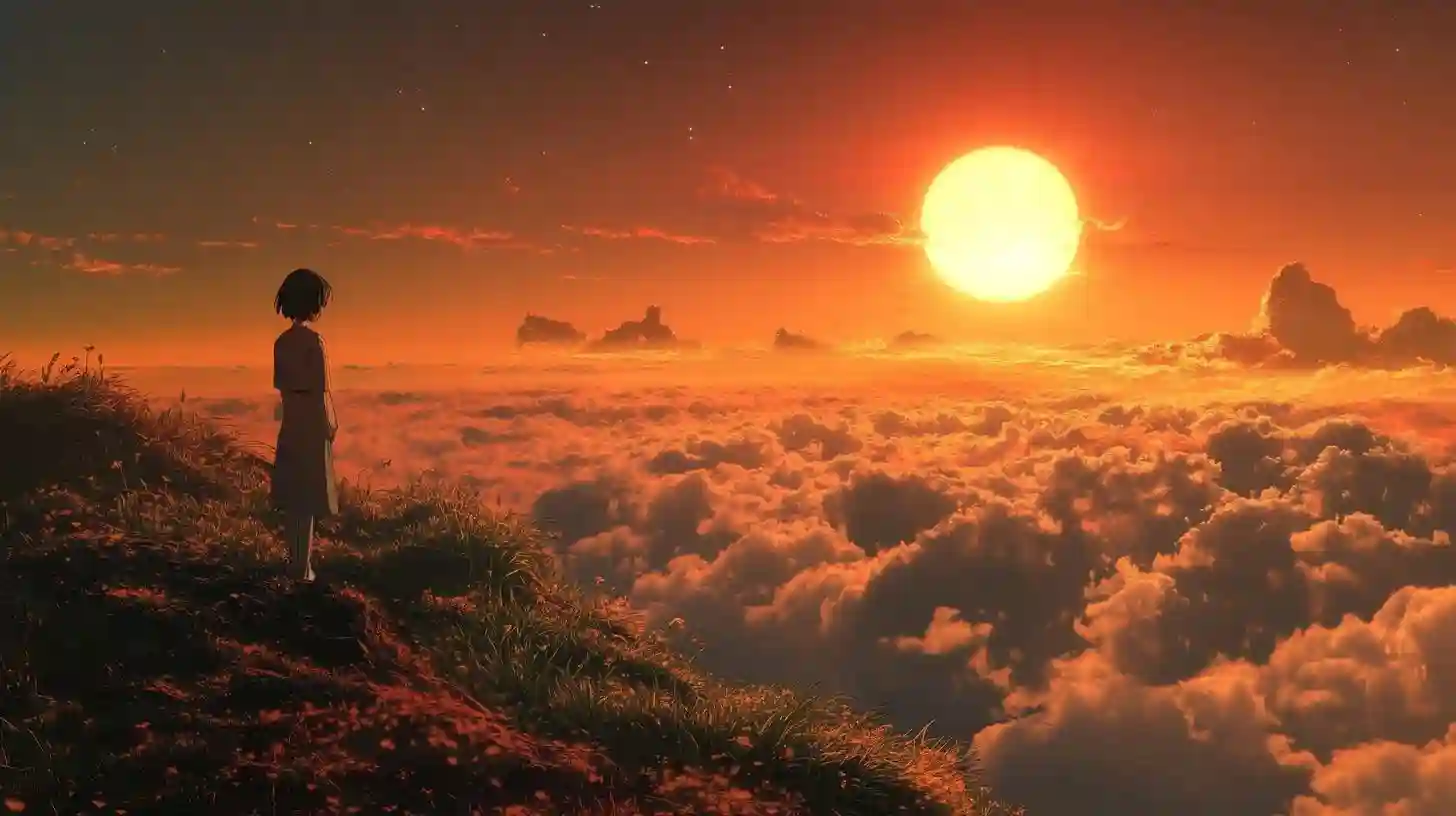
Thoughtvaultzone

The world of Japanese animation is vast and enchanting, featuring a myriad of filmmakers who have made significant contributions to the art form. Amongst them, a few luminaries have left an indelible mark through their storytelling, unique visual styles, and emotional depth. Exploring their most essential films provides a glimpse into not only the creativity of the Japanese animation landscape but also the profound narratives that transcend cultural borders. One of the most celebrated figures in this realm is Hayao Miyazaki, co-founder of Studio Ghibli. His film Spirited Away is a masterpiece that takes audiences on a surreal journey through a magical realm filled with spirits and mythical creatures. The story follows a young girl named Chihiro who, upon inadvertently entering the spirit world, must navigate the challenges of her new environment to rescue her parents. Spirited Away won an Academy Award for Best Animated Feature and is renowned for its breathtaking animation, intricate details, and themes of resilience, identity, and environmentalism. This film not only offers visually stunning scenes but also compels viewers to reflect on their own relationships with nature and the world around them.
Another prominent director is Satoshi Kon, who is known for his innovative storytelling techniques that blur the lines between fantasy and reality. Perfect Blue, a psychological thriller released in 1997, delves into the dark side of fame and identity. The story follows Mima, a former pop idol who transitions into acting. As she grapples with her new career, she becomes the target of an obsessive fan and faces psychological turmoil, leading to a surreal exploration of her own sense of self. Perfect Blue's masterful use of visual symbolism and its intense narrative make it a must-watch for anyone interested in the complex dynamics of celebrity culture and mental health. The film’s influence can also be seen in various cinematic works around the globe, signifying its importance in the animation genre.
Another essential figure is Makoto Shinkai, whose film Your Name has garnered worldwide acclaim. Released in 2016, this romantic fantasy intertwines the lives of two teenagers, Taki and Mitsuha, who mysteriously swap bodies. Set against a backdrop of stunning hand-drawn landscapes and beautifully rendered animation, Your Name explores themes of love, longing, and the connections that bind people together even across time and space. The film’s emotionally resonant narrative, combined with its stunning visuals and a poignant score by the band Radwimps, captivates audiences and immerses them in a tale that transcends the boundaries of reality. Your Name has not only achieved monumental commercial success but has also contributed to the rising global interest in anime as a legitimate form of artistic expression.
The path of exploration in Japanese animation would be incomplete without mentioning Isao Takahata. A co-founder of Studio Ghibli alongside Miyazaki, Takahata's work has reflected deep emotional truths and poignant storytelling. One of his most notable films, Grave of the Fireflies, is a heartbreaking account of two siblings, Seita and Setsuko, struggling to survive in post-World War II Japan. This film is not merely an anti-war narrative but a profound exploration of human resilience, family bonds, and the devastating impacts of conflict. The harrowing tale, rendered in poignant animation, brings forth universal themes of loss, innocence, and the fragility of life. Grave of the Fireflies stands as a stark reminder of the human capacity for both compassion and suffering, making it essential viewing for anyone wishing to understand the emotional depth of animation.
Lastly, we cannot overlook the artistic brilliance of Mamoru Hosoda, known for his ability to blend technology with heartfelt storytelling. His film Wolf Children tells the story of a young woman named Hana who falls in love with a werewolf and raises their two children after his untimely death. This film is a beautiful exploration of motherhood, the struggles of raising children who are different, and the balance between embracing one’s nature and fitting in with society. Hosoda’s filmmaking style encapsulates vibrant animation and deeply personal storytelling, resonating with viewers on multiple levels. Wolf Children is relatable for anyone who has faced the challenges of parenting while navigating the complexities of identity and societal expectations.
These films, each telling a unique story and showcasing the diverse talents of their creators, are pivotal contributions to the world of animation. They reflect the depth, creativity, and emotional resonance that can be achieved through this extraordinary medium. As audiences continue to discover and appreciate these works, they pave the way for further exploration into the enriched storytelling and artistry that Japanese animation offers.